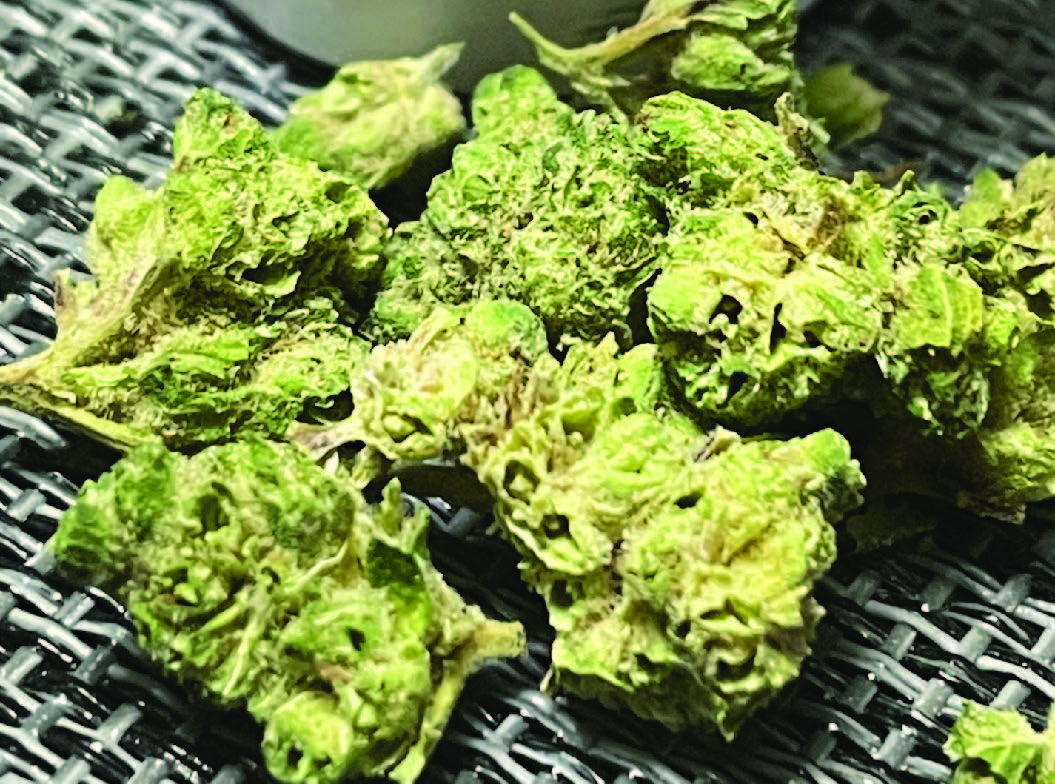I’m not going to lie, I feel like I’ve written this column before, in part because I have. I have written so many posts about AB buyouts of smaller breweries, homebrew shops, and blogs, that I’ve lost count. On May 3, AB-Inbev, the megabrewery based in Belgium, huckster of Budweiser, Shock Top, Landshark Lager and a dozen-plus other terrible beers, bought their 10th craft brewery, the Asheville North Carolina-based, Wicked Weed. The AB buyout of Wicked Weed will not be the last; it’s going to keep happening. But somehow this transaction felt worse, in that AB was able to buy a crown jewel of the craft beer community. They were able to buy something that meant something to people in the community. Wicked Weed was one of the most collaborative, innovative, and forward thinking craft brewers in America.
Wicked Weed was very active in the sour beer community especially. There were 74 breweries scheduled to pour at WW’s annual Funkatorium Invitational in July, and they regularly collaborated with other sour breweries. The buyout hit the sour community pretty hard: There were at least three breweries that backed out of collaboration beers already in the works with Wicked Weed, (Rare Barrel, Jester King, and Black Project) and so many breweries pulled out (52 out of the 74) of the Funkatorium Invitational that it has been postponed to September.
Now, I still hold that AB is not buying brands, production capacity, or access to market, but they are buying culture, authenticity, a good reputation – anything that they cannot build or brew themselves. True, they can use purchases like this to inflate the price of their shitty legacy brands – Budweiser, Bud Light, and Bud Light Lime. And they can build a regional brewery into a national or international brand, as demonstrated by what they’ve done with Goose Island, after it was purchased in 2011.
Around the same time that the Wicked Weed story was announced, Lagunitas, a “First Wave” craft brewery based in Petaluma, California, announced Heineken was buying the remaining stake in the company (Heineken bought a 50 percent stake in September, 2015). People in Lagunitas got new titles and chains of command were slightly moved around, but nothing else seems to have changed. In some people’s eyes, Lagunitas should be just as vilified and people should be just as heartbroken, but all I’ve seen are little jests, small jabs, but no vitriol. So what’s the difference?
In my mind, it feels different. Partly because Heineken, though massive, is still independently owned. Partly because Lagunitas is almost 25 years old. Partly because Lagunitas grew to a massive size without any kind of capital from outside breweries. Partly because I agree with the politics of Lagunitas as a company (420 and environmentally friendly), and Heineken as well. I mean, I legit teared up a little bit watching their newest ad, which brings strangers together over a beer (there’s a lot more to it, but you have to watch it).
Even still, it’s pretty sad. I’m sure that we’re seeing a radical change in Craft Beer. I’m sure that someday during my lifetime, Petaluma will be known as the former headquarters of Lagunitas. There will be more sellouts in Asheville. You’ll have to check some kind of Wikipedia list to find out if the brewpub you’re walking into is owned by a megabrewery. But I also see a dig-in attitude forming among independent brewers, a reinforcement of AB as an enemy of the revolution. I’ve definitely doubled down on my insistence on buying independent craft beer. I’ll still have a High Life every now and then, and a Coor’s Banquet when I’m in the mood, but seriously, [eff] AB.
Robert Alan Wendeborn is a former cellar operator at Ska Brewing and current lead cellar operator at Tin Roof Brewing in Baton Rouge, Louisiana.













